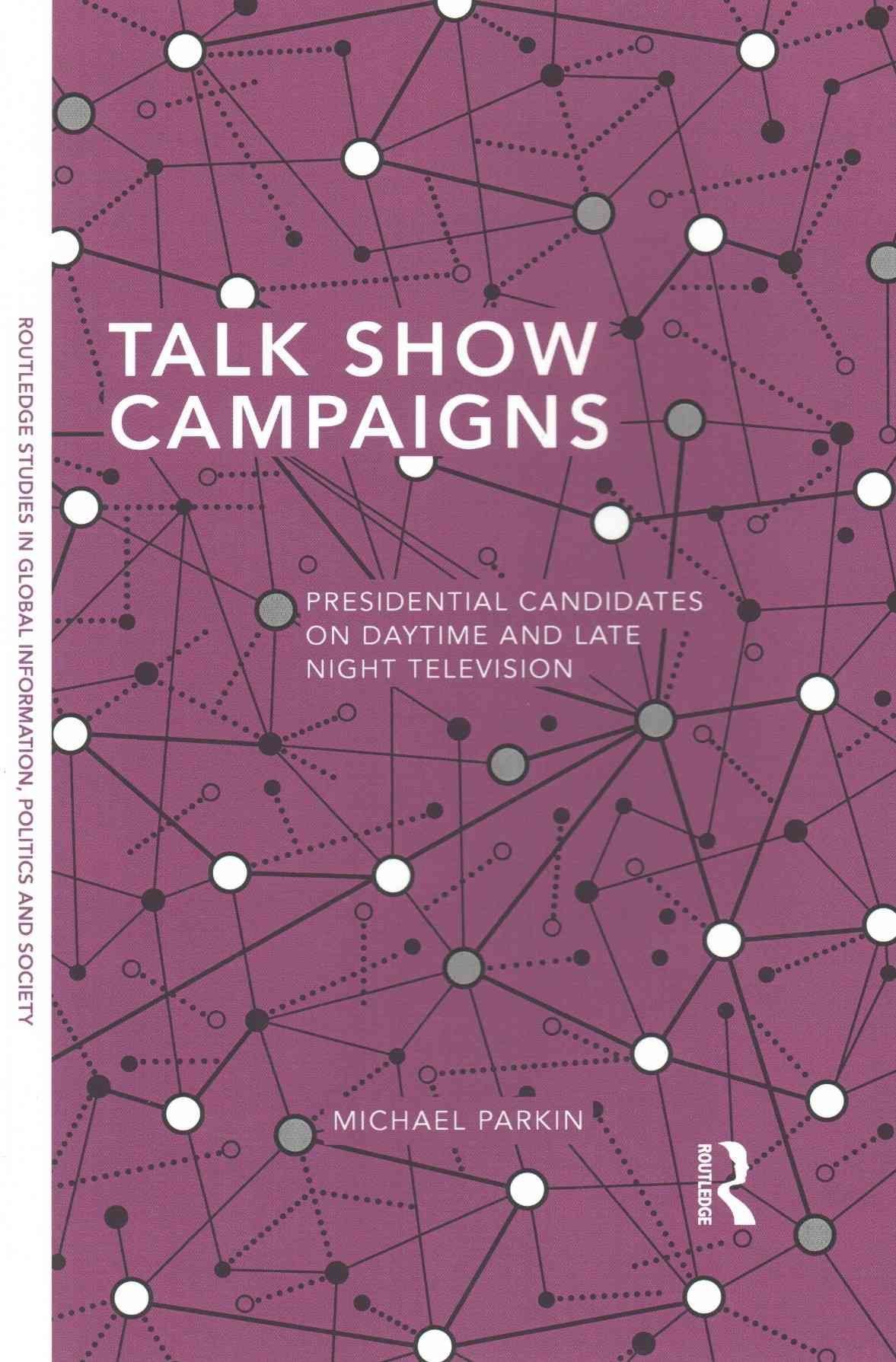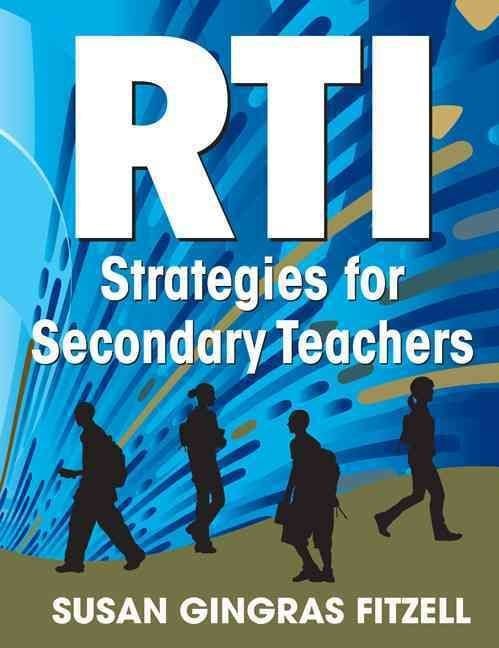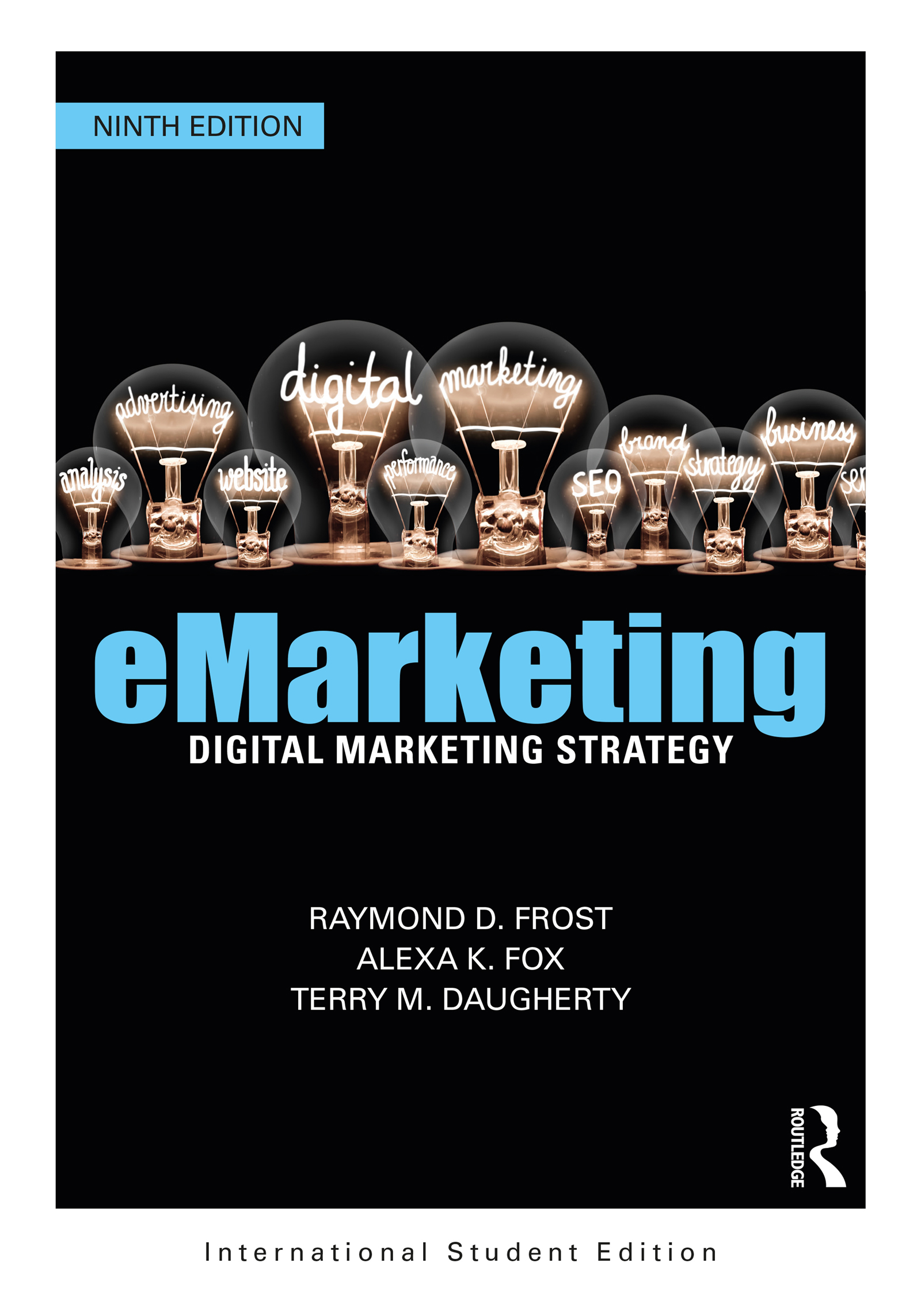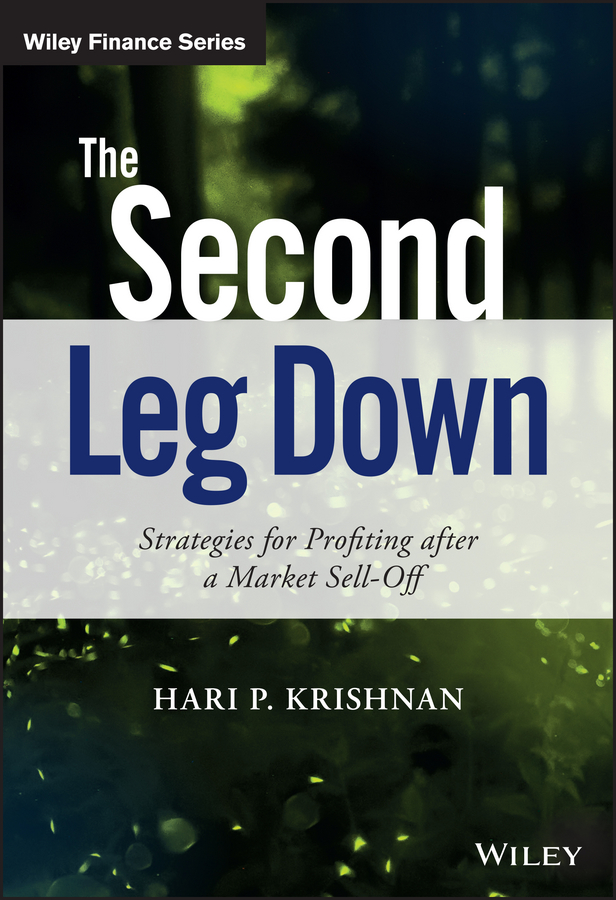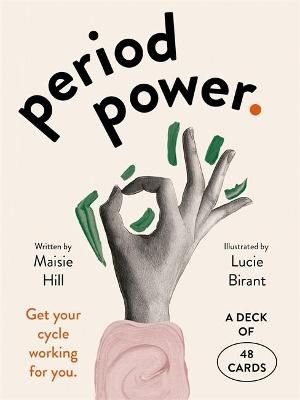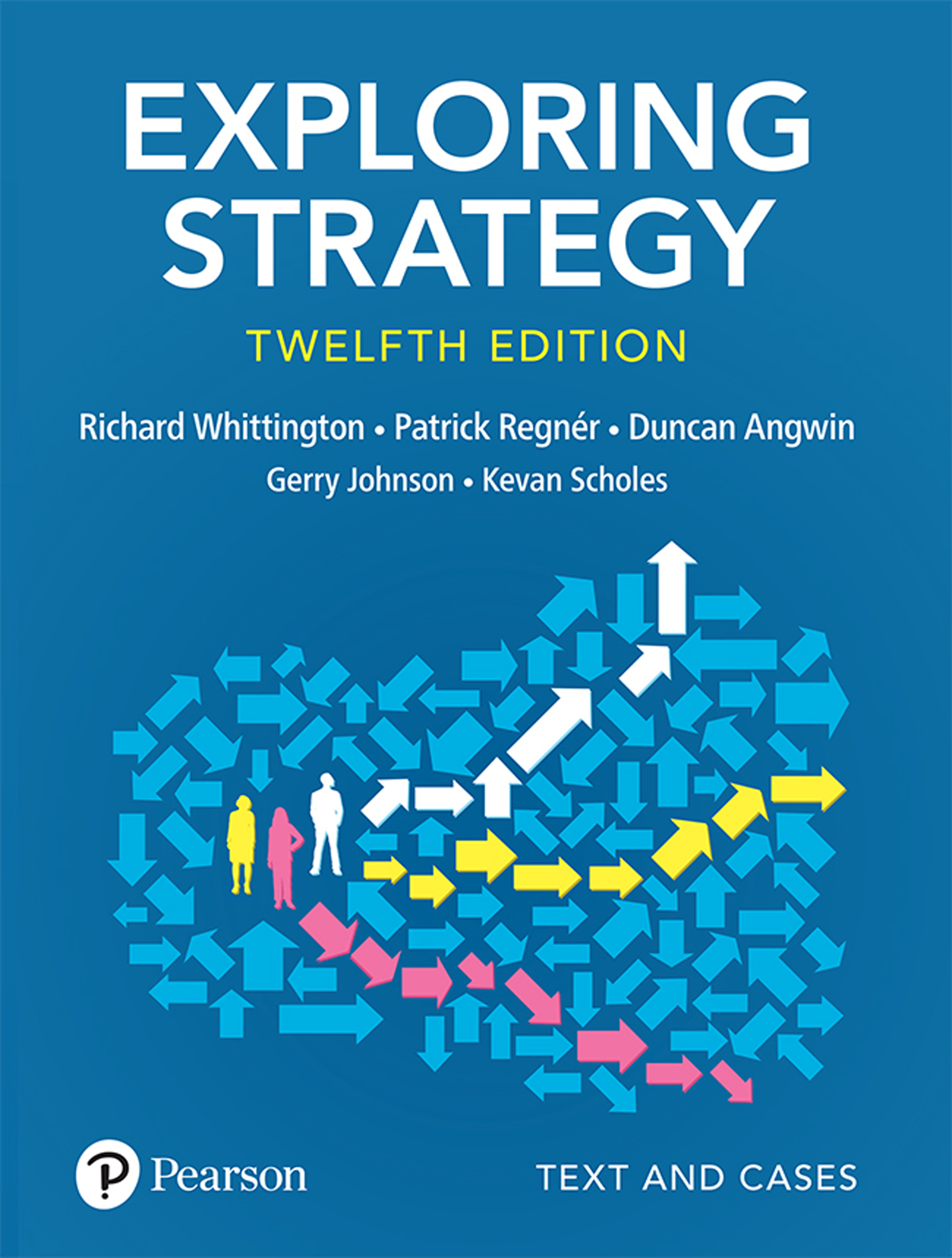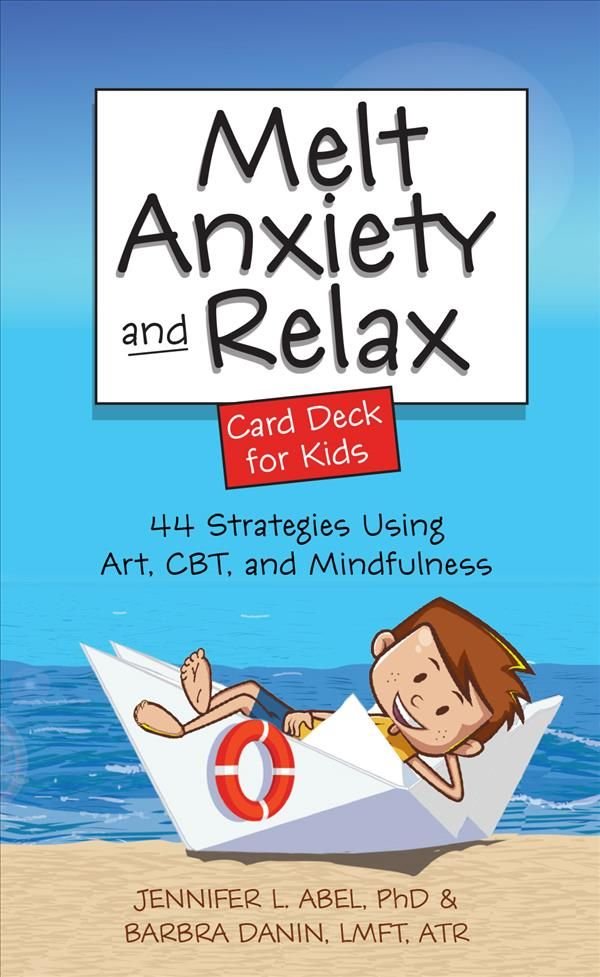Over the past twenty years, presidential candidates have developed an entertainment talk show strategy in which they routinely chat with the likes of Oprah Winfrey, David Letterman, and Jon Stewart. In fact, between 1992 and 2012, there have been more than 200 candidate interviews on daytime and late night talk shows with nearly every presidential candidate?from long shot primary contender to major party nominee?hitting the talk show circuit at some point during the campaign. This book explores the development of the entertainment talk show strategy and assesses its impact on presidential campaigns. The chapters mix detailed narrative with extensive empirical data on audiences, content, viewer reaction, and press coverage to explain why candidates have embraced this strategy and the conditions under which these interviews are most likely to meet their expectations. The book also explores how these interviews can enhance campaigns by connecting a critical segment of the voting population with candidates who provide useful political information in a casual setting. Talk Show Campaigns shows that this is more than a gimmick?it’s a key part of how candidates communicate with voters, which reveals a lot about how campaigns have changed over the past two decades.
